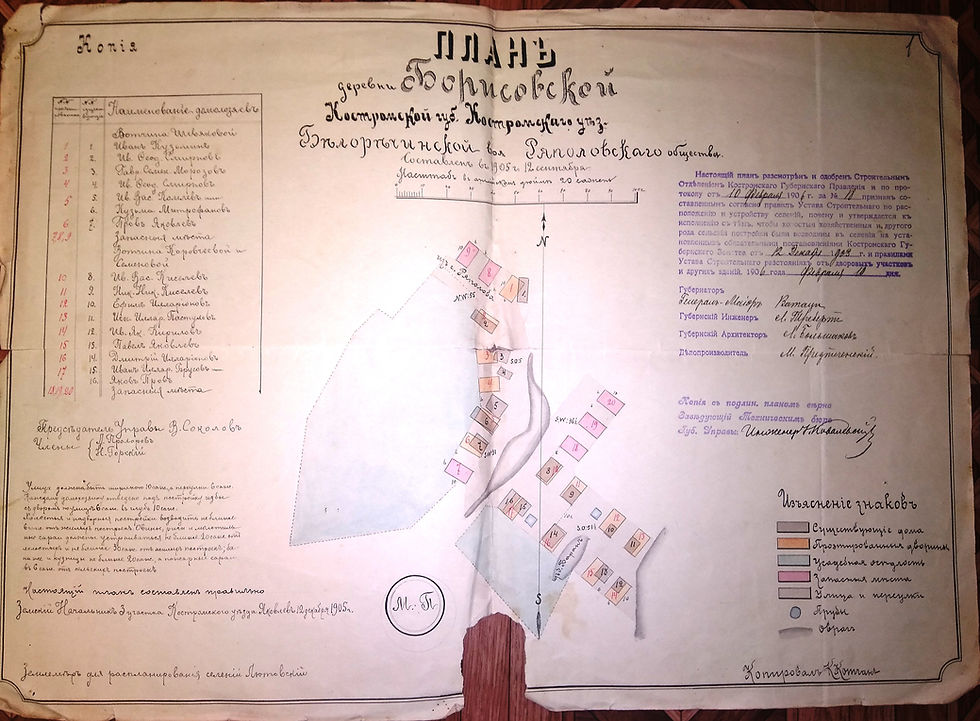In one Ear and out the Other
- Yelena McCafferty

- Jul 29, 2018
- 3 min read
Updated: Nov 3, 2024
It all started with Donald Trump’s astounding statement clarifying whether he said “would” or “wouldn’t” during that controversial tête-à-tête meeting with Russia’s Vladimir Putin in Helsinki this month. The trouble was it wasn’t quite tête-à-tête as two interpreters were present to assist both presidents at that meeting too, which in itself gave rise to another controversy.
Mr Trump’s interpreter was the only other American during the talks with the Russian leader, so calls were made by Democratic members of the US Congress for the interpreter to testify as to what had been specifically discussed and agreed to on behalf of the United States.
So where does it leave the interpreter? It all depends on whether the interpreter was employed by the American President’s Administration or engaged on a freelance basis. Either way, a contract would have been in place and it would be inconceivable if it didn’t include a confidentiality clause.
Confidentiality is also an essential part of any Code of Conduct of an organisation for professional linguists. In the ITI Code of Professional Code, Principle 3 - Client Confidentiality and Trust - clearly states that members (interpreters and translators) shall maintain complete confidentiality at all times. Similarly, the International Association of Conference Interpreters (AIIC) has a Code of Professional Ethics which specifies that “Members of the Association shall be bound by the strictest secrecy, which must be observed towards all persons and with regards to all information disclosed in the course of the practice of the profession at any gathering not open to the public.”
Observers noticed that the presidential interpreters had their notebooks with them and some assumed that notes could be used to support any evidence. To the uninitiated it may be a revelation to learn that interpreters are not stenographers or secretaries. These notes are used by an interpreter to jot down the keywords, the train of thought, the logic, and each interpreter has their own system of symbols and shortenings. For example, I may write just the first few letters of a verb and I may even use a mix of languages: sometimes I would note in the language I hear and another time I would write a term already translated into the target language. When I interpret both ways in one session – English to Russian and Russian to English – it works fine for me.
The use of such interpreter’s notes is so short-lived that after a few weeks or even days they often don’t make much sense to the interpreter who took them. Everyone must have had a moment when in a casual conversation they lost track of what they were going to say after a bit of a deviation and tried to get back to the original point. Interpreter’s notes serve that purpose, they guide you through the utterances you have just heard in another language. They enter the short-term memory and they stay in the short-term memory. To a certain extent it’s similar to “in one ear and out the other.”
As it happens, the motion to summon the interpreter to testify was rejected, otherwise it would have set a dangerous precedent. In our work as interpreters, trust with the party we are working for is paramount, and we act under privilege, just as doctors and lawyers do. This is especially true when meetings take place behind closed doors (not in conference halls with a live feed) and the interpreter becomes visible only once these doors open. The information we receive is confidential and should remain confidential, failing that any disclosure violates trust. If that trust is lost, it is to the detriment of our profession, exactly the opposite of the highest standards we are striving to promote.

[To book a professional Russian interpreter call us on 0207 0436940 or email enquiry@talkrussian.com]


Comments